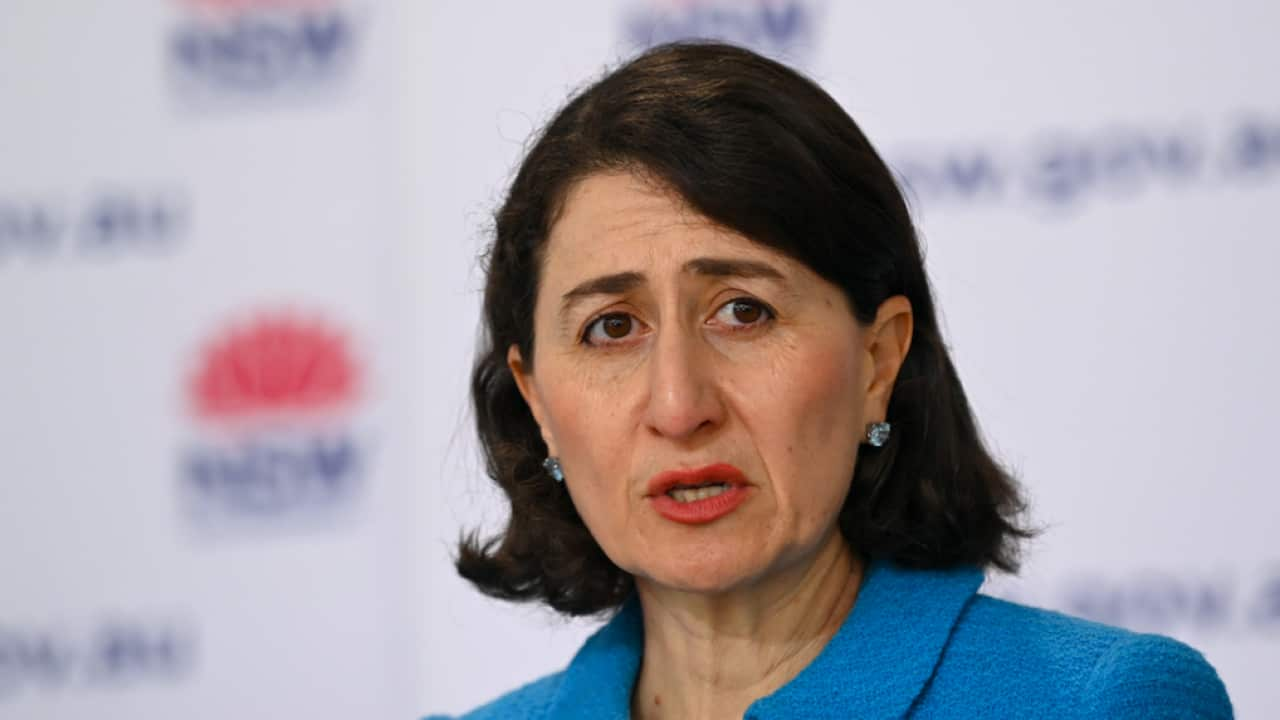Children aged between 12 and 15 will now be included in Australia's COVID-19 vaccine rollout after Australia’s chief advisory group recommended they be given the Pfizer shot.
The Australian government has approved the vaccine program's expansion on the recommendation of the Australian Technical Advisory Group on Immunisation (ATAGI).
Vaccine bookings for the cohort will commence from 13 September at GPs, Commonwealth vaccination clinics and Aboriginal Community Controlled Health Organisations.
States and territories will also advise when their state-based clinics become available for these vaccinations.
Health Minister Greg Hunt encouraged all parents to get their children in the age group vaccinated.
"Do not wait for a school program - if you can have your child vaccinated - get them vaccinated," he told reporters in Canberra. In a statement, ATAGI earlier said offering the COVID-19 vaccination to children aged 12-15 years outweighed the "known or potential risks".
In a statement, ATAGI earlier said offering the COVID-19 vaccination to children aged 12-15 years outweighed the "known or potential risks".

Minister for Health Greg Hunt at a press conference at Parliament House in Canberra. Source: AAP
The group also said vaccinating adolescents is expected to reduce disruption to their education and reduce potential transmission in schools.
However, ATAGI's advice maintains that vaccination of the age group remains a lower priority than both younger and older adults.
Chief Medical Officer Paul Kelly said while COVID-19 cases had presented in children, in particular through household and school settings, the infections were largely less severe.
"Almost entirely, the disease in children is much less severe than it is in adults," he told reporters.
Recommendations on Moderna's vaccine for adolescents will be made available once the national medical regulator releases its findings, according to ATAGI.
State and territory leaders were briefed on the decision at a national cabinet meeting on Friday afternoon.
COVID-19 taskforce commander Lieutenant John Frewen earlier said work is underway to make vaccines available through school-based programs later in the year.
“The school-based programs we will work in consultation with the states and territories," he told reporters.
"When it comes to private and independent schools that is a federal responsibility.”
Education Minister Alan Tudge said having all secondary-school aged children included in the rollout would disrupt transmission in schools.
About 260,000 children aged 12 to 15 with compromised immune systems, disabilities, underlying health condition or who are Indigenous were already eligible.
The extension to all people in that age group is expected to make a further 1.2 million eligible.
Prime Minister Scott Morrison maintains vaccine coverage targets of 70 per cent and 80 per cent for the adult population will enable the government's opening up plan to ease restrictions regardless of case numbers.
The current national vaccination targets based on modelling from the Doherty Institute exclude people under the age of 16.
Mr Morrison earlier said the government had not received medical advice under 16s should be included in the vaccine thresholds.
"It’s necessary to vaccinate people 12-15," he said. "But there is no recommendation for us that they should be included in that target."
More than 56 per cent of the eligible population aged over 16 have had a single vaccine dose. While just over 33 per cent have been fully vaccinated.
Some state and territory leaders have expressed reluctance to reopen at 70 and 80 per cent coverage while COVID-19 cases remain high.
The Doherty Institute briefed national cabinet on Friday on why its modelling shows it will be safe to open up at these thresholds - even with higher case numbers.
A high-quality testing, tracing, isolation and quarantine system is still required to keep death rates to a minimum when cases rise under fewer restrictions.
National cabinet also agreed to establish a new cross-jurisdictional working group consisting of the heads of all state and territory health departments. It will be led by federal health department secretary Dr Brendan Murphy.
The group will report back to national cabinet by 3 September 2021 on the reopening plan and the associated capacity needed in the hospital system.
Additional reporting: AAP



